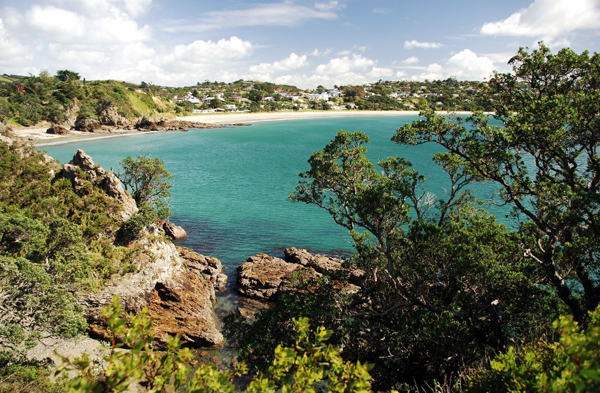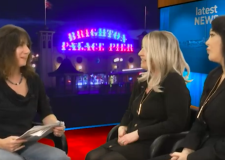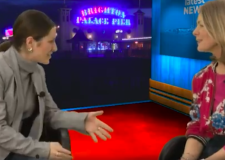On The Grapevine: Kiwi Chardonnay

The world knows New Zealand sauvignon blanc. For something different, try Kiwi chardonnay. A recent tasting in London showed how stylish these wines can be – though production is low compared with the better-known varieties.
As of late 2014, New Zealand had more than 700 vineyards and 90% of them sold overseas. Kiwi wines are distinct because New Zealand is so isolated. It is 1,600 kilometres from the nearest landmass (Australia). The country is long and thin like Chile – about 1,500 kilometres in length, and the furthest point inland is only 130 kilometres from the sea.
This means New Zealand has warm days and cool nights, with copious sea breezes producing a long ripening season with plenty of diurnal variation – the difference between maximum and minimum temperatures that produces great flavours in grapes.
The difference between maximum and minimum temperatures produces great flavours in grapes
At least 94% of the country’s vineyards are certified as sustainable, via a system of self reporting. About 70% of the vines in New Zealand are younger than 12 years old.
Chardonnay represents only 7% of New Zealand wines, and only 2% of exports. But these whites are impressive, and tend to be elegant and versatile with food. The classic Kiwi chardonnay has crisp acidity and concentrated fruit flavours, sometimes complemented by some oak treatment.
It is grown throughout the country. Flavours depend on where the grapes are grown, with warmer climates giving rounder and richer notes while wines from the cooler south have higher acidity and a more pronounced sense of minerality, with fresher and more savoury flavours.
Some of the best chardonnays tasted included the range of 2012 vintages from Kumeu River, the 2013 Man O’ War Valhalla from Waiheke Island off the main city Auckland, the 2012 Greywacke from Marlborough, the 2013 Villa Maria reserve barrique-fermented from Gisborne, and the 2012 Escarpment from Martinborough.
For bespoke wine education for groups of six in a Brighton home, contact Annabel – annabel.jackson@gmail.com





















